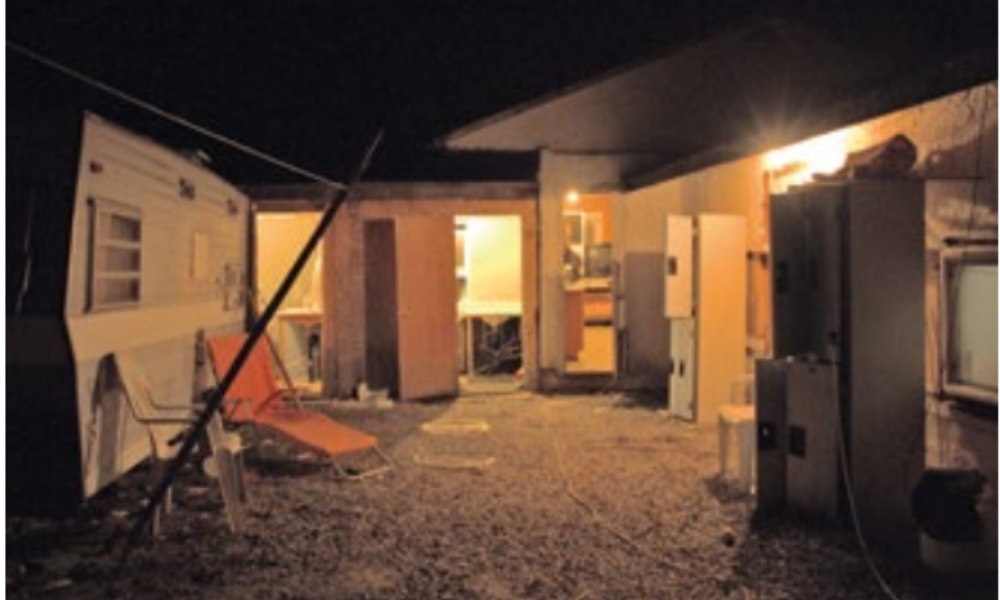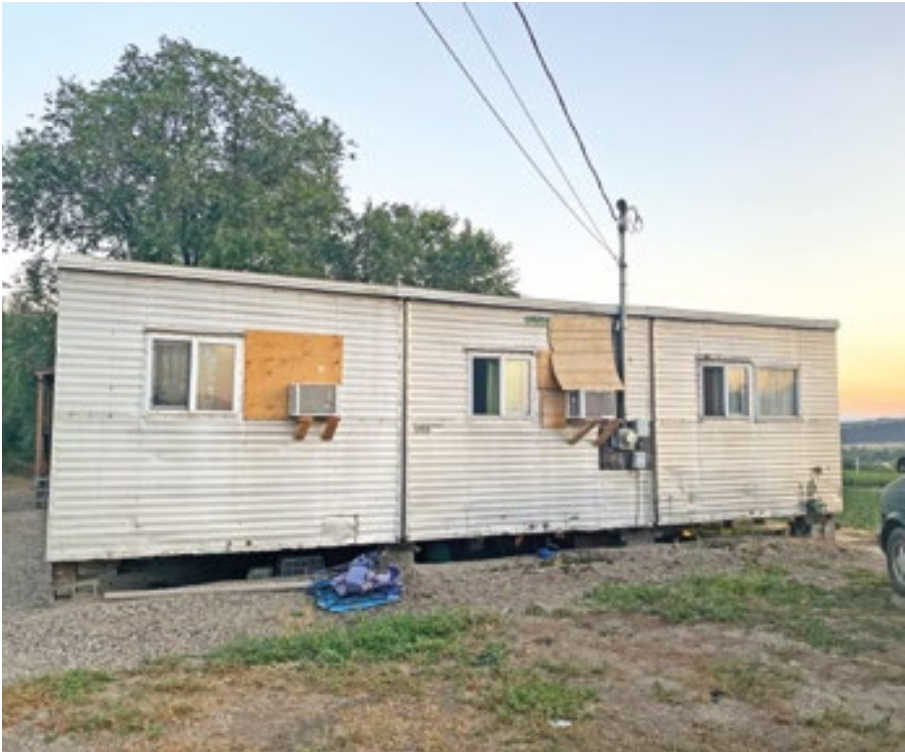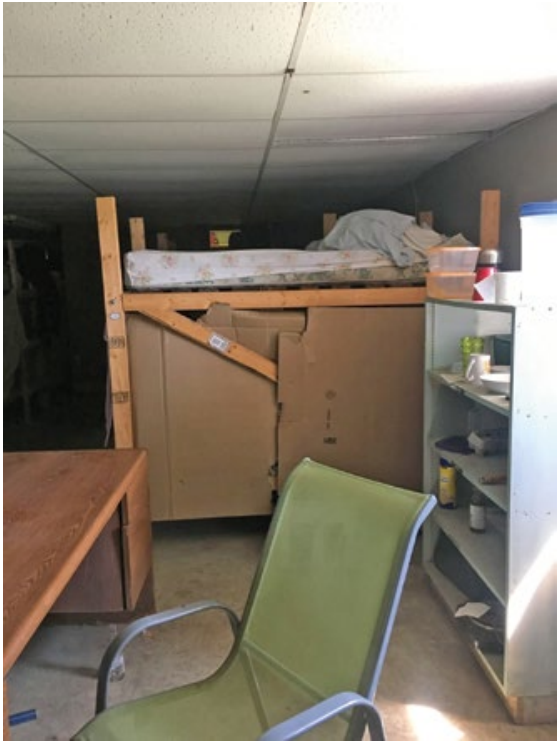
'Decades of research and advocacy have unequivocally shown that housing conditions for migrant agricultural workers in Canada are inconsistent, substandard, and undignified'

A group of academics is calling on the federal government to ensure that migrant agricultural workers arriving in Canada through the Temporary Foreign Worker Program (TFWP) are provided with adequate housing.
“Decades of research and advocacy have unequivocally shown that housing conditions for migrant agricultural workers (MAWs) in Canada are inconsistent, substandard, and undignified,” say researchers from institutions including the University of British Columbia, Western University, and the University of Toronto.
“To uphold basic labour rights and human rights, the federal government should develop national housing standards for all agricultural workers hired through the Temporary Foreign Worker Program.”
One worker from El Salvador describes their accommodation as “a garage.”
“It was dirty. There were spider webs, dust, there were all sorts of things [filth], and a lot of cold came in,” says the worker.
The same worker reports that the water coming through their sink is “black.”
“The conditions for health were not appropriate.”

Source: A National Housing Standard for Migrant Agricultural Workers in Canada
According to the report, workers routinely share cramped bunk-bed arrangements, depriving them of privacy and adequate rest.
“Workers must be protected from overcrowding,” the report states, calling for an end to shared rooms and communal washroom facilities with inadequate sanitation.
The report also highlights the necessity of consistent access to basic amenities, including heating, cooling, clean water, and proper kitchen and laundry facilities. It further advocates for gender-sensitive accommodations and unrestricted access to social networks, internet, and transportation—critical for reducing isolation and facilitating access to health care, groceries, and advocacy services.
Earlier this year, Amnesty International said that migrant workers in Canada suffer from inadequate housing, among other things, under the country’s foreign worker program. The group noted: “In its current design, Canada’s TFWP is inherently exploitative, in violation of Canada’s international obligation to respect, protect and fulfil the right to just and favourable conditions of work.”
The researchers — in their report titled A National Housing Standard for Migrant Agricultural Workers in Canada: A Consensus-Based Guidance Document — also call for Employment and Social Development of Canada (ESDC) inspectors to conduct inspections of migrant workers’ housing every four months.
“Inspections should be proactive, unannounced, and occur at regular intervals during MAWS’ contracts,’ they say.
One worker from Mexico shares that as things stand, inspectors notify their boss of their coming.
“I think that is a negative thing because they give him time to arrange everything. And it should be so that they catch him red-handed,” says the worker.

Source: A National Housing Standard for Migrant Agricultural Workers in Canada
The report criticises ESDC for failing to fully reflect input from worker-focused groups in its 2022 “What We Heard Report” and notes that recent housing proposals still fall short of ensuring adequate protections. While ESDC has acknowledged issues with maw accommodations, the authors argue that previous consultations lacked urgency and ambition.
In a 2023 report, the Canadian Centre to End Human Trafficking, FCJ Refugee Centre and Legal Assistance Windsor noted that labour exploitation is a common practice in Canada, and migrant workers are unaware of what they are coming into.
The researchers in the latest report also call on the federal government to give MAWS permanent resident status upon their arrival in Canada.
“This status should be conferred without restrictions of any form on the right to quit, or to change employers, occupations, regions, and/or sectors,” they say. “As an incremental transition towards this system, MAWS should be issued open work permits that are not restricted to sector or region and that allow them to change employers and refuse unsafe/undignified housing conditions.”
One worker from Mexico says—according to the researchers—that they want to have the permanent resident status “to be able to say ‘No, no I don’t want to work here, I will look for work somewhere else,’ and more than anything, to have that document that can open doors.”
A previous report noted that migrant workers “experience predatory practices” in their home countries, and “exploitative practices often continue once the worker has arrived in Canada,” particularly in their workplace. And one expert previously told CBC that giving migrant workers permanent residency would solve a lot of their problems.